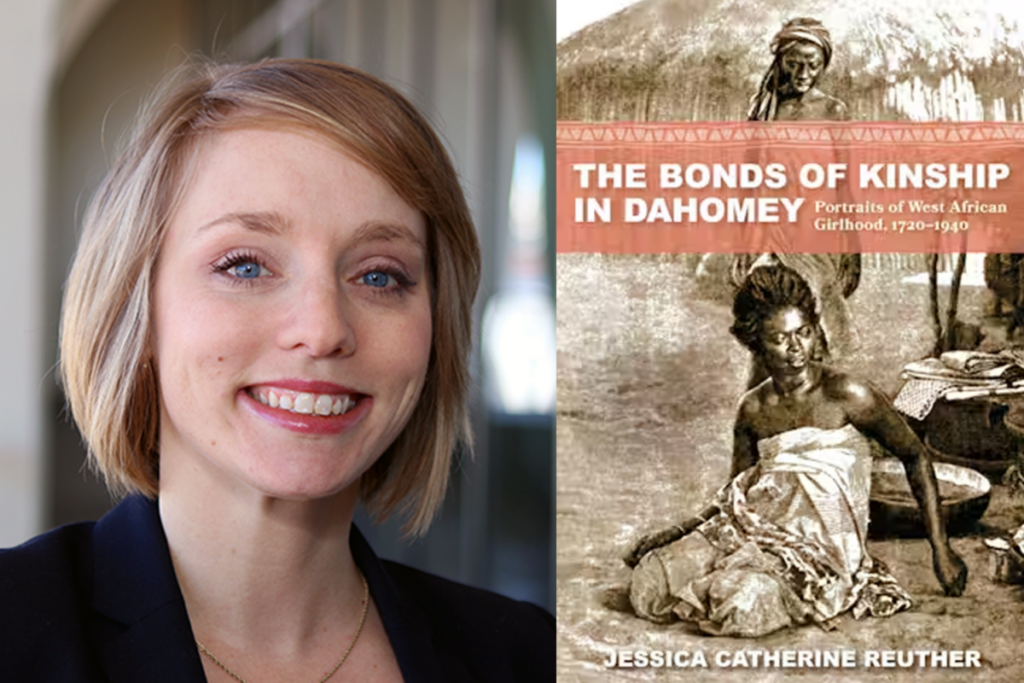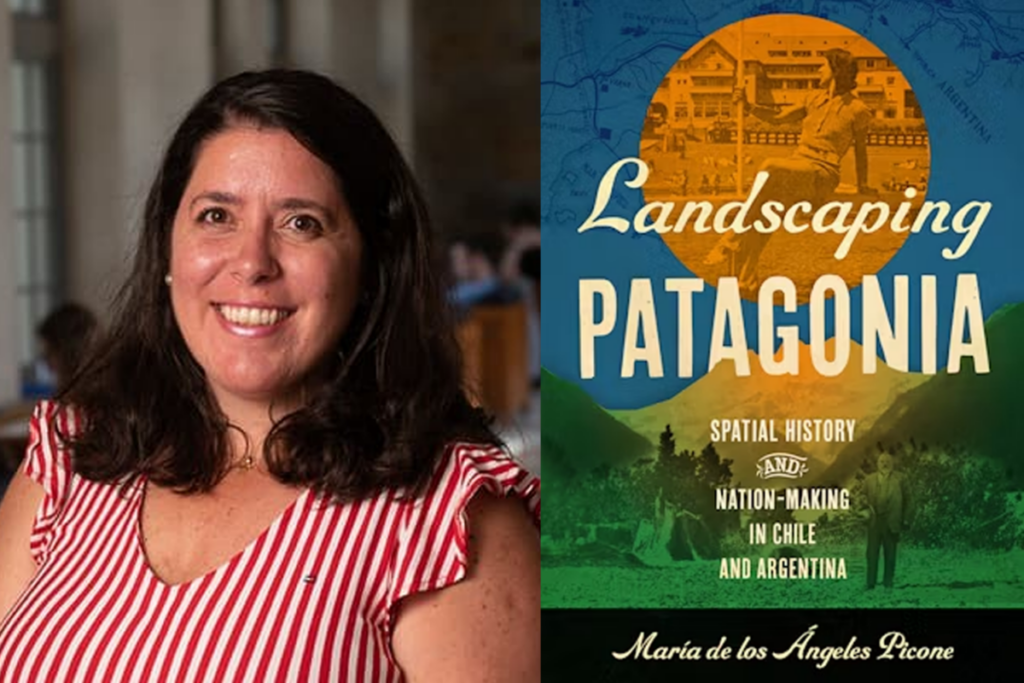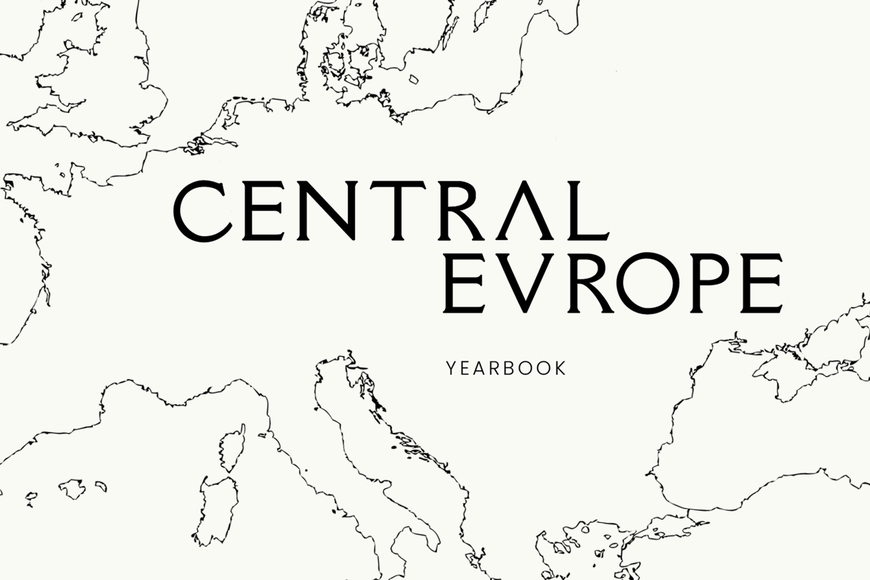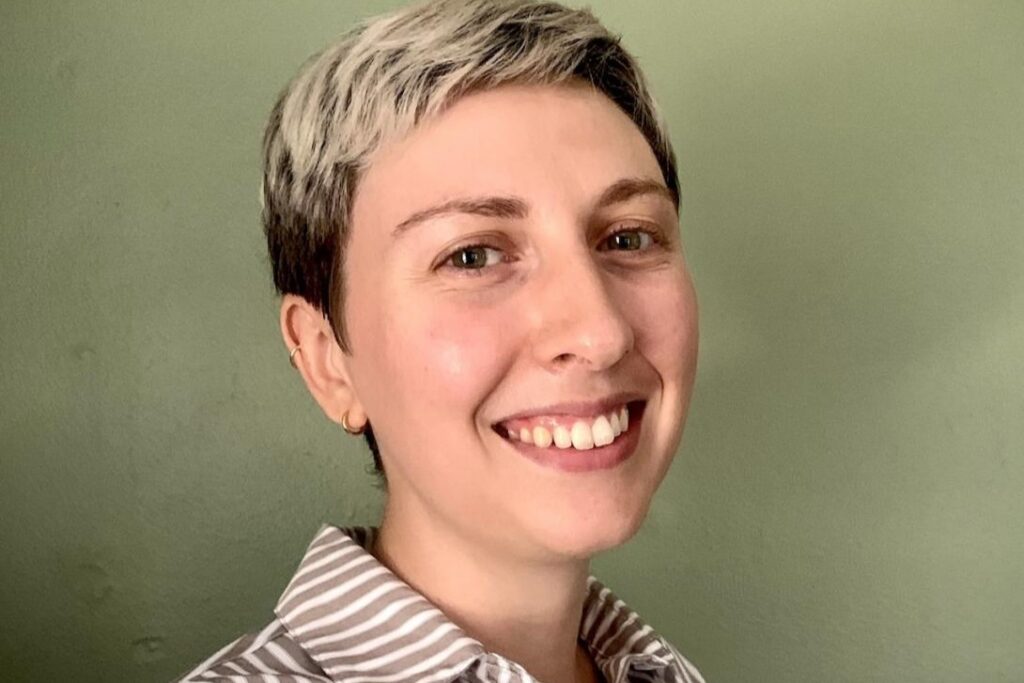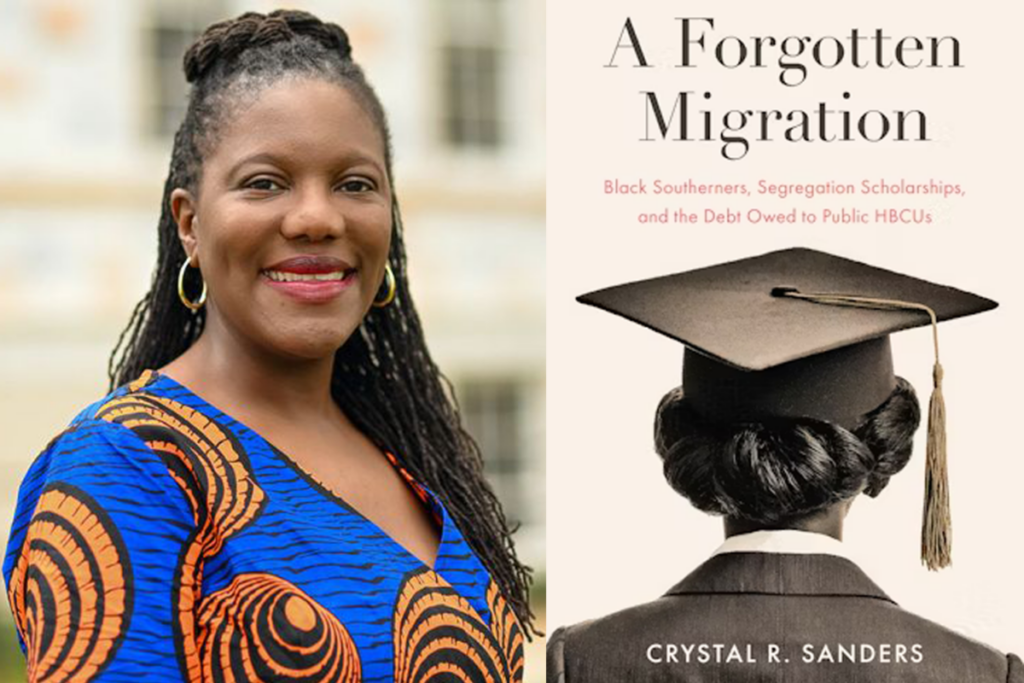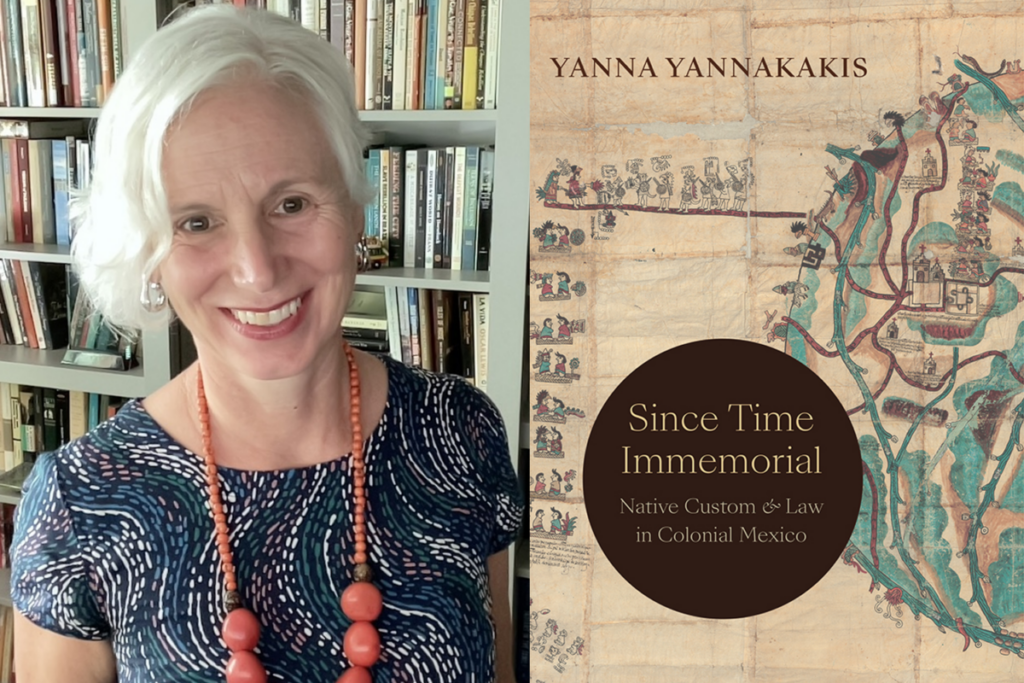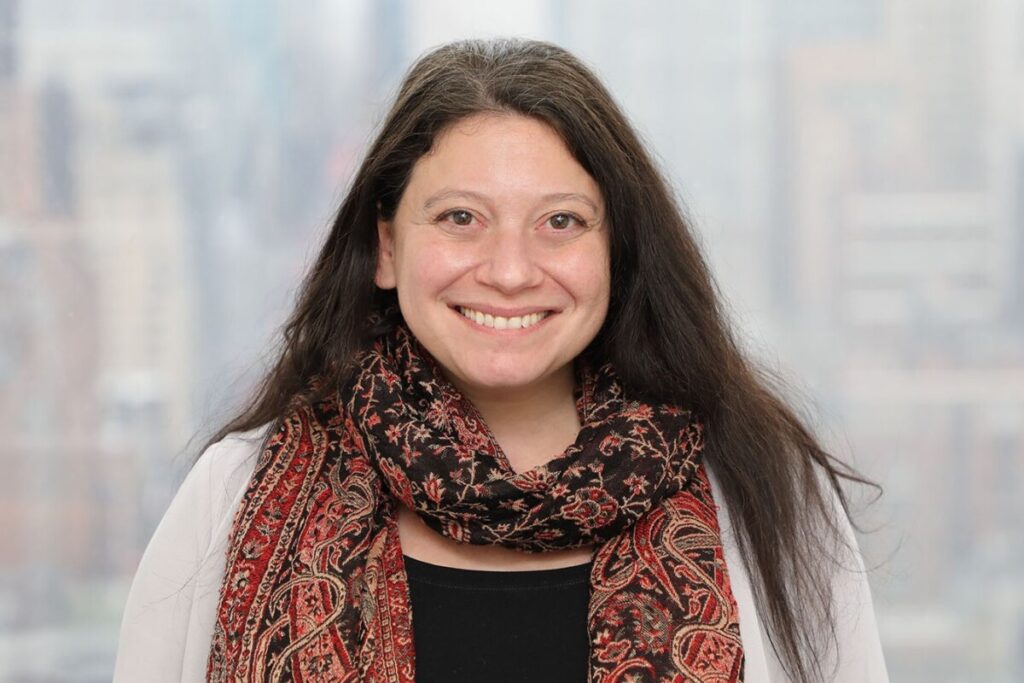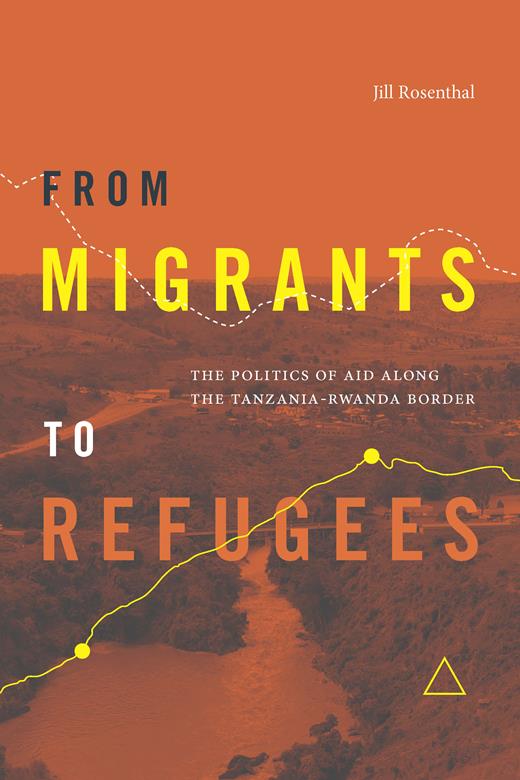
Dr. Yanna Yannakakis has been named Samuel Candler Dobbs Professor of History in recognition of her excellent scholarship, outstanding teaching, and deep service to Emory. Yannakakis is a social and cultural historian of colonial Latin America with specializations in the history of Mexico, ethnohistory, the history of legal systems, and the interaction of indigenous peoples and institutions in Mexico. The new position is effective September 1, 2025.
Her most recent book, Since Time Immemorial: Native Custom & Law in Colonial Mexico (Duke University Press, 2023) was awarded the Peter Gonville Stein Book Award from the American Society for Legal History and the Friedrich Katz Prize in Latin American and Caribbean History, one of the top awards from the American Historical Association. Since Time Immemorial traces the invention, translation, and deployment of the legal category of Native custom, with particular attention to how Indigenous litigants and colonial authorities refashioned social and cultural norms related to marriage, crime, religion, land, labor, and self-governance in Native communities. The monograph was published open access with support from Emory’s TOME initiative.
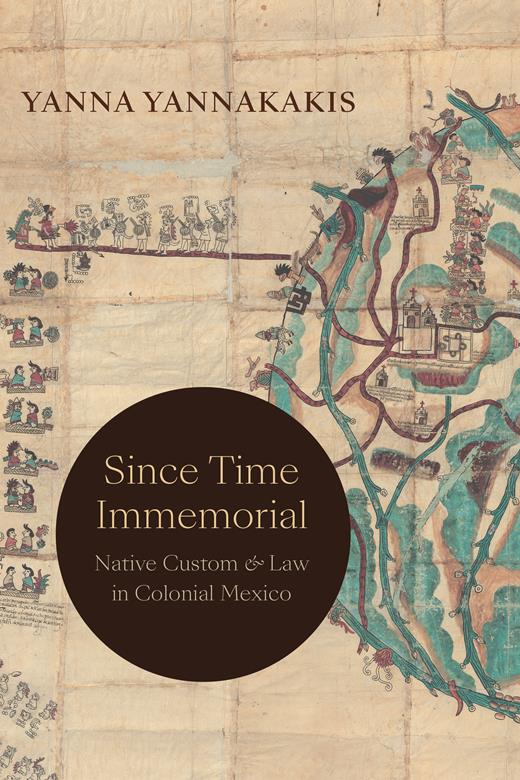

Yannakakis’ first book, The Art of Being In-Between: Native Intermediaries, Indian Identity, and Local Rule in Colonial Oaxaca (Duke University Press, 2008), examined how native cultural brokers negotiated with Spanish courts and the Catholic Church to open and maintain a space for the political and cultural autonomy of indigenous elites and their communities during Mexico’s colonial period. The book won the 2009 Howard Francis Cline Memorial Award from the Conference on Latin American History for the best book on the history of Latin America’s Indigenous peoples.
Yannakakis has co-edited or co-authored multiple other books and articles, including Indigenous Intellectuals: Knowledge, Power, and Colonial Culture in Colonial Mexico and the Andes (Duke University Press, 2014) (with Gabriela Ramos), Los indios ante la justicia local: intérpretes, oficiales, y litigantes en Nueva España y Guatemala siglos XVI-XVIII (Colegio de Michoacán, 2019) (with Luis Alberto Arrioja Díaz Viruell and Martina Schrader-Kniffki), “A Court of Sticks and Branches: Indian Jurisdiction in Colonial Mexico and Beyond,” American Historical Review (February 2019) (with Bianca Premo), and the special issue “Law, Politics, and Indigeneity in the Making of Ethnohistory: Perspectives from Latin America, Africa, and the Pacific,” Ethnohistory (70:2, 2023) (with Miranda Johnson).


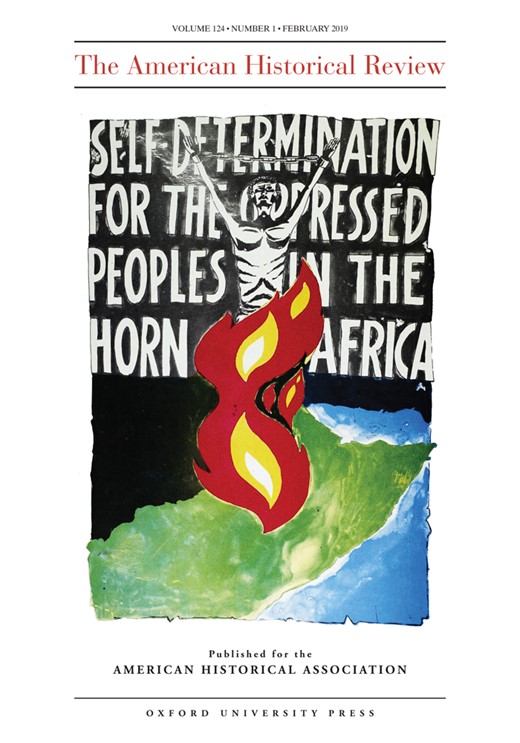
Yannakakis is also the coordinator on an ongoing, open access digital humanities project, titled “Power of Attorney: Native People, Legal Culture, & Social Networks in Mexico.” Read more about this project: “Recent Faculty Publications: Q & A with Yanna Yannakakis about ‘Power of Attorney.’”



